|
5/6/2024 0 Comments Tracey Knapp :: Angela Basile
Angela Basile is a painter and sculptor. She has an MFA from Parsons School For Design and a BFA in painting from Syracuse University. She was a 2012 NYFA Painting Fellow and an artist-in-residence in Csopak, Hungary in 2007. The artist lives and works in the Hudson River Valley in Rhinebeck, NY.
0 Comments
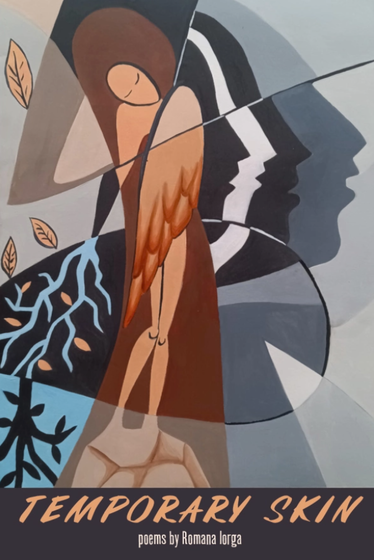 West Trestler Kelly R. Samuels interviews West Trestler Romana Iorga about her poetry collection Temporary Skin (Glass Lyre Press, forthcoming). Kelly R. Samuels: Loss figures in the collection, particularly early on, with poems like “Passage.” The speaker seems to feel a futility, a helplessness against that loss, as well as blame and guilt. In many of these poems, nature also figures largely. For example, in “Nothing Left to Do” entering into the forest, among the trees, seems to give the speaker some respite. This is echoed in a later poem, “Her Dark Materials.” But, at other times, nature seems treacherous: the wind hammers, the hail turns to sleet. How do you see nature as working with or against that loss, or, perhaps, both? Romana Iorga: I think nature responds to how the speaker feels in my poems. It echoes the speaker’s inner turmoil; it mirrors her contemplative state of mind. Nature is rarely indifferent, but even indifference can be a response and spur the speaker to action. More often than not, nature is compassionate, all-knowing, revered. A godlike presence. And forests are indeed places where the characters that populate my work are the closest to themselves. This is how I feel, too, about being among trees. In the forest, there are truths that don’t need to be spoken out loud to be heard. The trees seem to know something that we, humans, have forgotten. I always leave a forest replenished and yearning to return. KRS: Words, throughout, often cause pain; they have done damage, they “push and pull” and their “saliva is lethal.” The speaker says in “Mea Culpa…” “Forgive me for sounding rash / & unthoughtful” and later in “I Was Afraid of Opening My Mouth” admits that fear. But there are also times in the collection where fashioning words seems to help manage the pain—that “stringing syllables together” mentioned in the poem “Dictionary.” And with the last poem, there seems to be the idea that a person must reconcile themselves to the fact that words will often do harm. Are you making a distinction between the spoken and the written word? And if so, what is that distinction? RI: Some of my speakers have decried their inability to pin down language on paper, to do it proper justice. Language seems most alive when unwritten, when its potential has not been diminished by trapping it in a mortal, woundable body. Words are transcendent and all-powerful in my poems, they can do things that the much too human speakers cannot. And now I’m becoming aware that I tend to endow both nature and language with divine characteristics. I think I’m OK with that. Language may be a human invention but it has outgrown our imagination, our capability to wrap our mind around it. And, once we’re no longer here, language is doomed to die out in a process reminiscent of all things in nature that die out. It’s a sad and beautiful thing. So yes, words can harm the speaker as well as make her whole—it’s only natural for them to do so when they have their own heartbeat. I’d like so much to believe that words will outlive us, like I’d like to believe that trees will outlive us. KRS: Some of the poems in this collection address a “you.” Some say that it can represent the speaker themselves, i.e. the speaker is talking to themselves. Was that your intent, for example, with poems like “The Snare,” “Infection” and “Nothing Left to Do”? Or are you suggesting there is a companion to the speaker who also suffers? And if so, does that companion also feel guilt and blame as the speaker seems to? RI: The speakers tend to be different versions of the self and sometimes (not very often) other people. “The Snare,” for instance, is a monologue at the end of a relationship, in which the “you” is very much someone else, someone who’s done some harm to the speaker. But in “Infection” and “Nothing Left to Do,” the “you” is an alter ego: a very close one to the real me in the first poem, and a very distant one (I hope! because he’s a murderer!) in the second. I believe the alter ego feels everything the speaker does and more. The alter ego is wiser. Sometimes I think of this “you” as the poem speaking to me, telling me how I feel, what I think. Giving birth to the “I” instead of the other way around. A presence that is both inside and outside of the self, often benevolent, but not always. A trickster character, endlessly elusive and fascinating. KRS: Do your chosen epigraphs with certain poems like “The Riddle” prompt the poem or are they included after, as a complement? RI: All the epigraphs included in the collection came before the poems did. I can’t think of a time when an epigraph came after. I’m often inspired to write when I read other people’s words. It’s not quite like opening a tap, but on the days when I’m in the zone, it’s just like that. Then there are, of course, the normal “slog” days, all three hundred and fifty something of them. On those days, someone else’s line may entice one or two lines of my own that will later find their way into a poem. I love when other poets’ work connects with my own life, bringing back memories I thought long forgotten, reminding me who I am. But I also love when the poetry I read is a terra incognita that I must discover anew for myself, and rediscover myself as I read it. Every new poem is a voyage toward the interior, in one way or another. It’s an amazing feeling when a poem opens a door or a window inside me and that window or door opens another one, and then another—so many doors and windows and air and light and infinite space. It’s as if the body were a house made to read and be read in return. Kelly R Samuels & Romana Iorga
11/5/2023 0 Comments Claire Millikin :: Jessica Cuello
1/12/2023 0 Comments Emily Dickinson :: Anne Anthony
11/16/2022 0 Comments Amie Whittemore :: Angela Joynes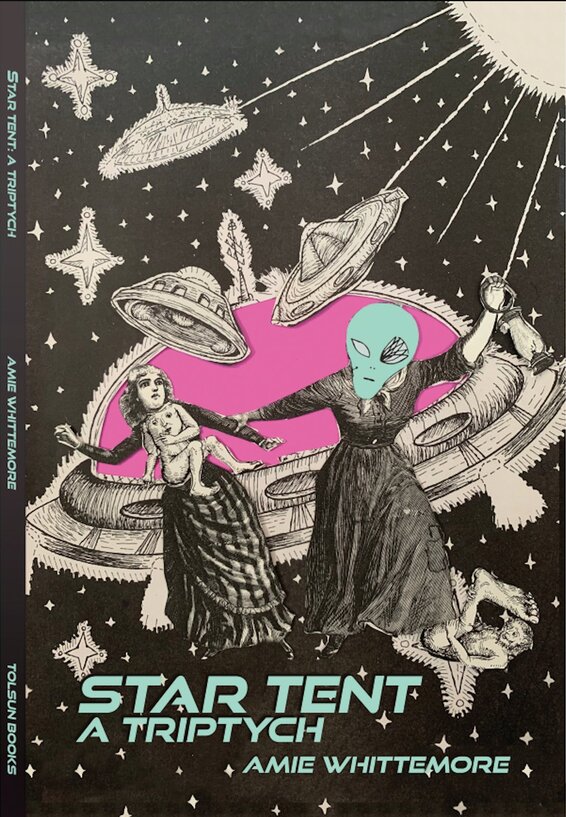 Until I met Amie Whittemore (director of the Middle Tennessee State University creative writing certificate program called MTSU Write), I didn’t know that feminist sci-fi and fantasy poetry even existed. In fact, as a lover of prose, I hadn’t given poetry much thought for years. But in the end, who could resist a summons to delve into extraordinary, offbeat worlds wrapped in the perfect phrase? As a writer and educator, Amie is so much more than her prestigious academic credits, awards, and countless literary publications. Her website simply can’t capture the warmth of her personality or the light in her eyes when speaking of teaching English and mentoring students at MTSU. In a poem published by Hobart, September 9, 2019, which might appeal to readers of The West Trestle Review, she addressed a student in response to an evaluation for one of her science fiction classes: MY SUPERPOWER Student, it’s true—I prefer women to lentils, to crossfit classes, to retirement plan selection, leaf blowers, plastic bags and roller coasters; it’s also true I’ll take a female protagonist over a ham sandwich any day and that women befriending robot spiders, sexing up aliens, and becoming fierce mermaids congregate on my syllabus… Those of us lucky enough to be touched by Amie’s work, cherish her energy, grace, and candor as rare gifts indeed. Her sensual debut poetry collection, Glass Harvest (Autumn House Press) which was published in 2016, resonates with secrets, explorations of nature, and dissonance within families. The lyricism of the language may draw you to tears. Many of Amie’s poetry and prose pieces are available online, but I’ll definitely be watching for both of her forthcoming collections, Star-Tent: A Triptych (Tolsun Books, 2023) and Nest of Matches (Autumn House Press, 2024). I guarantee it, you won’t regret RSVPing yes to any invitation to set sail in Amie Whittemore’s world. ~Angela Joynes 11/6/2022 0 Comments Mónica Gomery :: Rage Hezekiah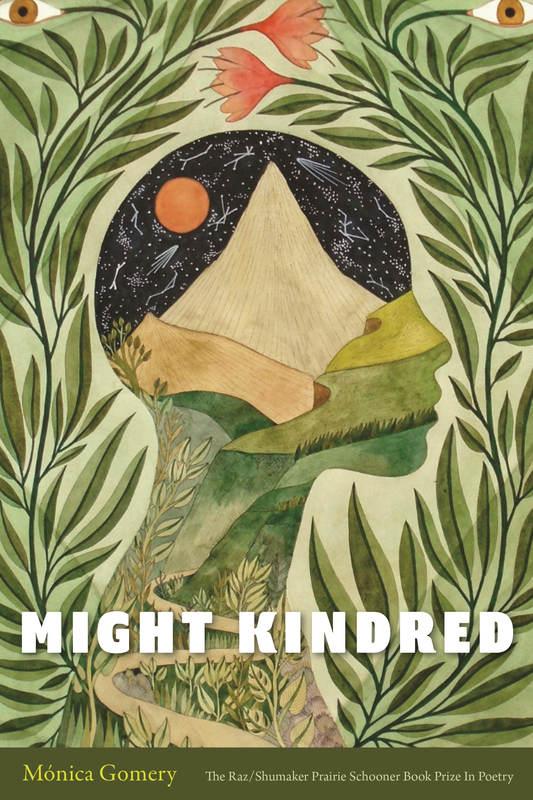 I first fell in love with Mónica Gomery’s work when her collection Here is the Night and the Night on the Road was released in 2018. Mid-hike, I sat cross-legged under a tree and wept over her book, in awe of what she had captured and conjured in its pages. In her rich and lyric new collection, Might Kindred, Gomery’s manipulation of language is striking. I am continually impressed by her ability to appropriate words and usage in new ways, evoking the unexpected. In her poem, “Now We Live Together,” she describes her lover making cabbage soup, saying: …we knife it apart and delight at its ruffled density. The cut open crossfolds look like outlines of bodies with v’s nested between legs. Reading these lines, I’m captivated by the intimacy and the disjunctive nature of her description, and taken with the unifying musicality of “knife,” “delight,” and “like outlines.” In the same stanza, “density,” “bodies” “v’s” and “between” echo a different soundscape. Gomery’s lush work surprises, evoking tenderness and weaving a rich tapestry of sound and image. Might Kindred radiates with power, celebrating and interrogating queerness, ancestry, and home. ~Rage Hezekiah 11/6/2022 0 Comments Rage Hezekiah :: Mónica Gomery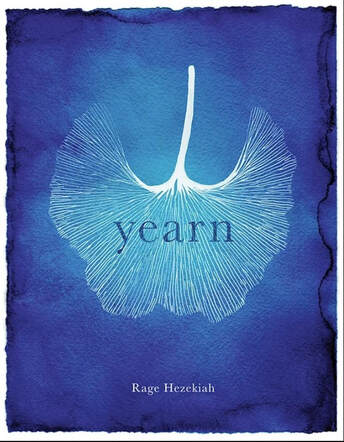 I think, what a bright day god has given, what a way to live without a knee on your throat. “In June” Reading Rage Hezekiah’s Yearn (Diode, 2022) I gasp audibly again and again. I ask myself—how did the author give herself the permission to say what these poems say? It’s hard to extract yourself from the book’s energy once you begin. Propelled breathlessly from poem to poem, I traveled Hezekiah’s wide-ranging forms and razor-sharp language. The book begins and ends in the body, in the rawness of desire—first, a youthful and robust sexuality, and by the end, the labor of wanting and creating a child. In the words of Evie Shockley, these poems show “a woman making her desires known to herself, so she can step out to meet the life she wants to live.” The speaker’s voice grows ever more rooted and earthbound, experiencing wonder and grief in the same tight line, able to both pierce the world with her looking, and turn inward to reflect on the self. There’s so much to admire about Hezekiah’s use of language. She has a knack for brevity. I can feel the intentionality of each word, charged and carefully chosen, playing its role in a concise, measured amount of space. Her poems say only what needs to be said. They sparkle with clarity and precision. I love how the short, economical poems in this book work in harmony with other sweeping, spacious poems. This collection is full of breath, longing, and revelation. This is Hezekiah’s second collection, following her debut Stray Harbor. Each of her books has moved me deeply. In landscapes of community gardens, orchards, grasslands, and so many glittering bodies of water, she names and renames the divine, a God who “planted/ kinesthetic stars/within the bay, bright/ sparks flowering.” Reading her books, I connect to my own ancient longings, part of a larger body that weaves all bodies together. Her language brings me home. ~Mónica Gomery 9/10/2022 0 Comments Vaune Trachtman :: Juliana Gray
11/12/2021 1 Comment Camille Dungy :: Emily Franklin
8/29/2021 1 Comment Madge Evers :: Kathryn Petruccelli
Art: Studying Dandelion, mushroom spores on cyanotype by Madge Evers
4/11/2021 0 Comments Thi Bui :: Jenna Lê
2/22/2021 0 Comments Sheree L. Greer :: Jasmin Lankford
2/19/2021 0 Comments Kristin Bock :: Diana Whitney
12/29/2020 0 Comments Eugenia Leigh :: Joan Kwon Glass
Eugenia Leigh is the Korean American author of the poetry collection Blood,
Sparrows and Sparrows (Four Way Books, 2014), winner of the Debut-litzer Prize in Poetry and finalist for Yale’s Series of Younger Poets. I first read Eugenia’s book in 2017, the year that I lost both my sister and her 11-year-old son (my nephew) to suicide. In the midst of acute grief and PTSD, her poetry was one of the few things I could hear inside what felt like a rubber bubble, keeping me safely apart from the world. As a biracial, Korean American woman, I longed for poems that could reach me, and I found them. In spite of the fact that South Korea has one of the highest suicide rates in the world, the Korean American community as a whole has long insisted on silence when it comes to suicide, abuse, and violence. I have turned to Eugenia’s poetry in my own writing process, when I’ve needed courage and inspiration. Her poetry sings, wails, and whispers. Eugenia’s latest poem to be published, “Gold,” can be found in the Summer, 2020, issue of Pleaides, as part of a folio of Korean American poets, edited by E.J. Koh. “Gold” brings us full circle, back to “Deciding Not to Drown Today” by exploring the reasons why we should step back from those rocks, and stay. ~Joan Kwon Glass 12/8/2020 0 Comments Noʻu Revilla :: Charity Yoro
11/24/2020 0 Comments Kaity Altu :: Jerrice J. Baptiste |
Powered by Women
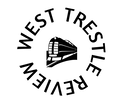

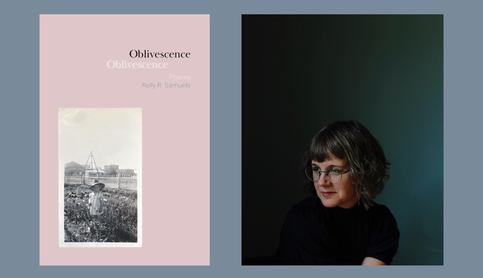
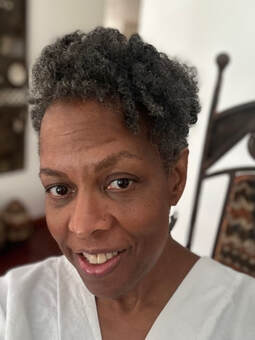
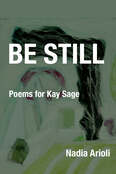
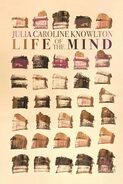
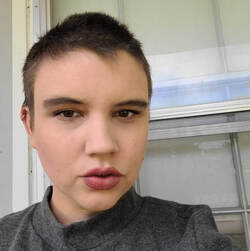

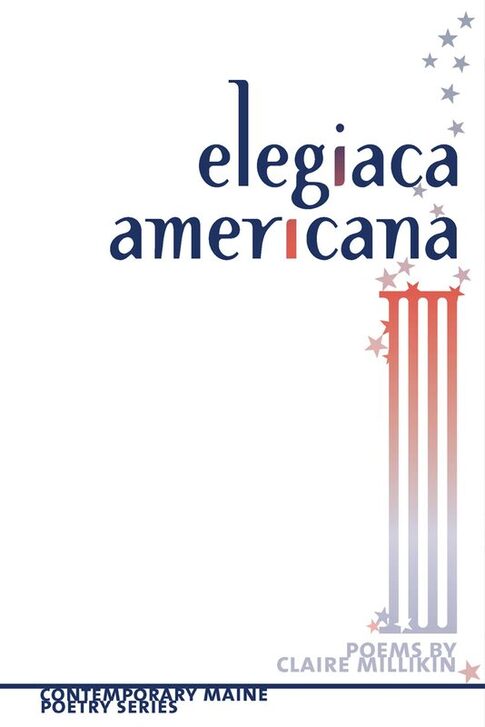
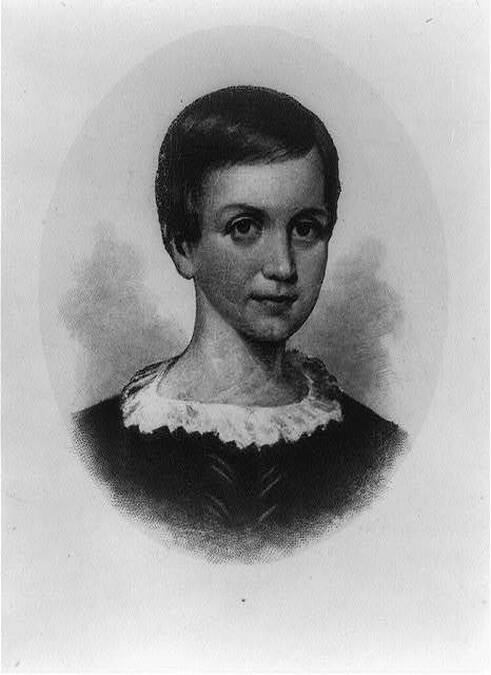
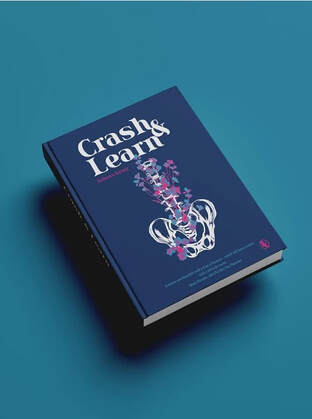
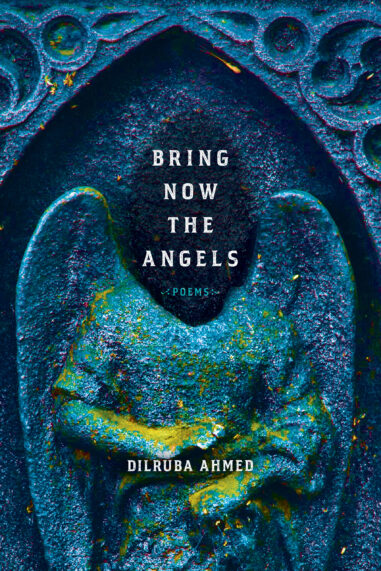
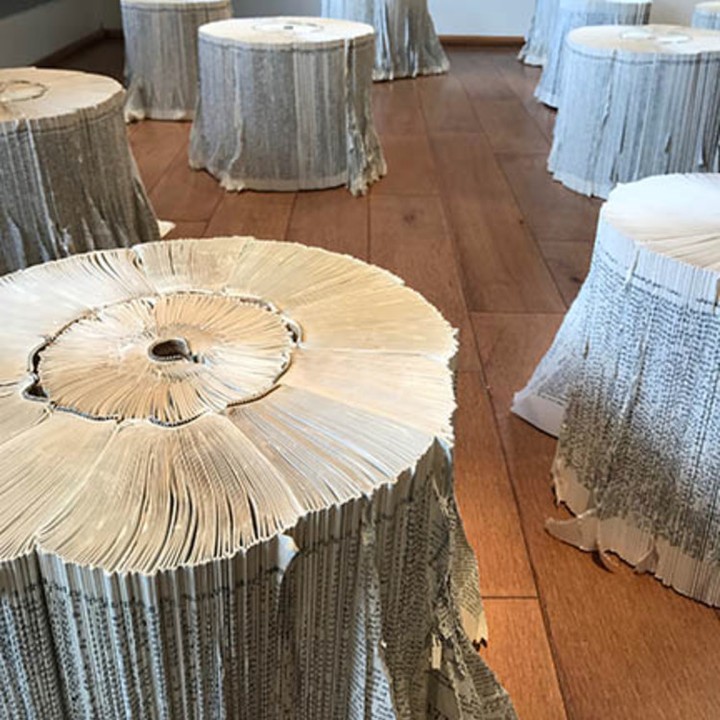
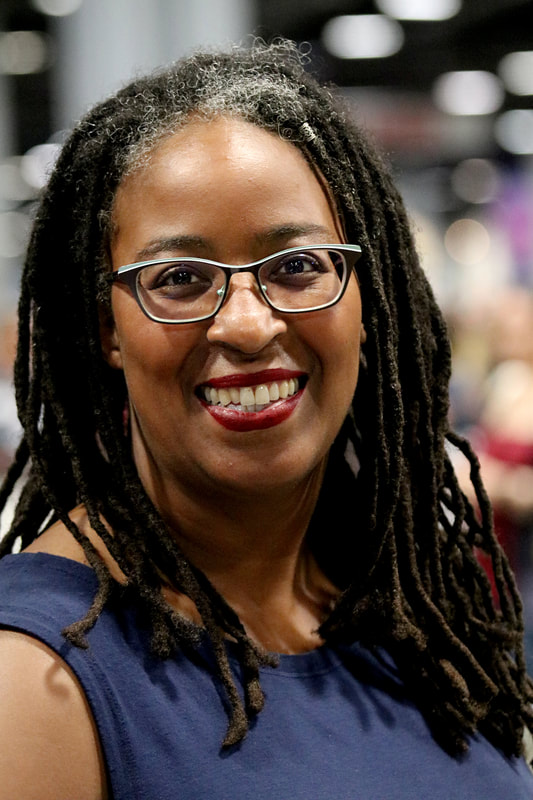
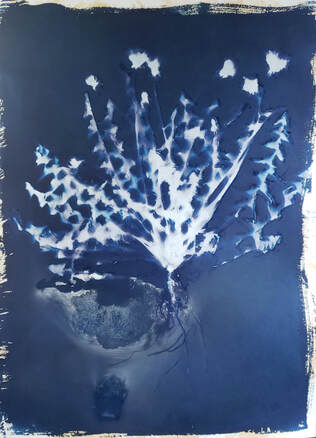
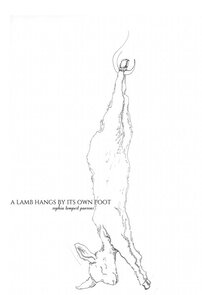
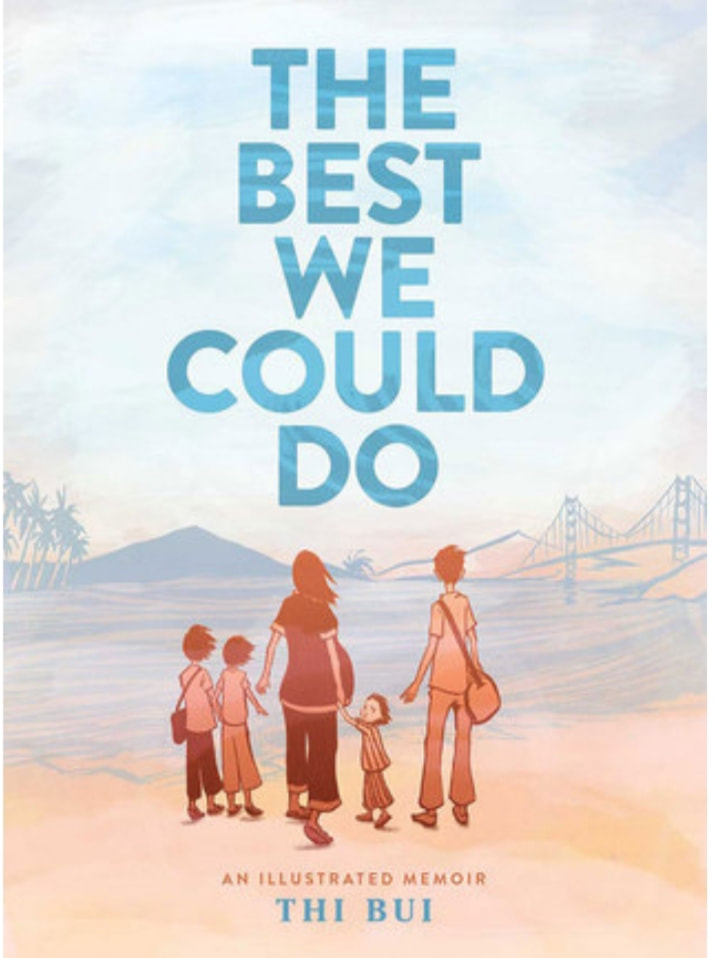
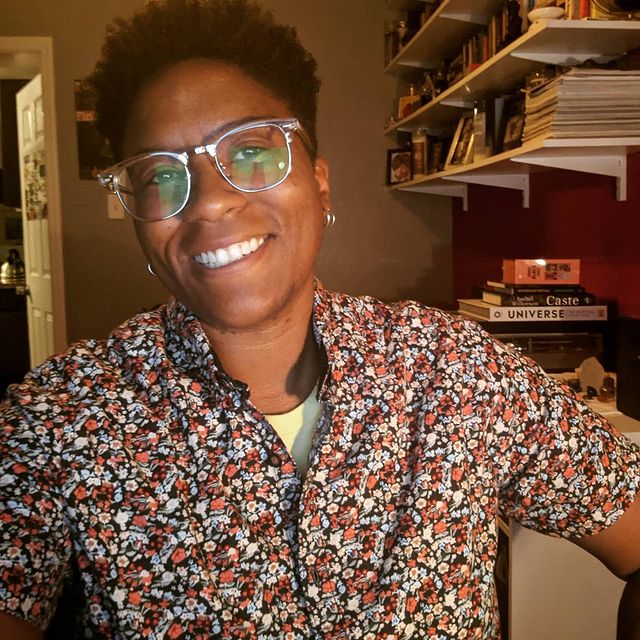
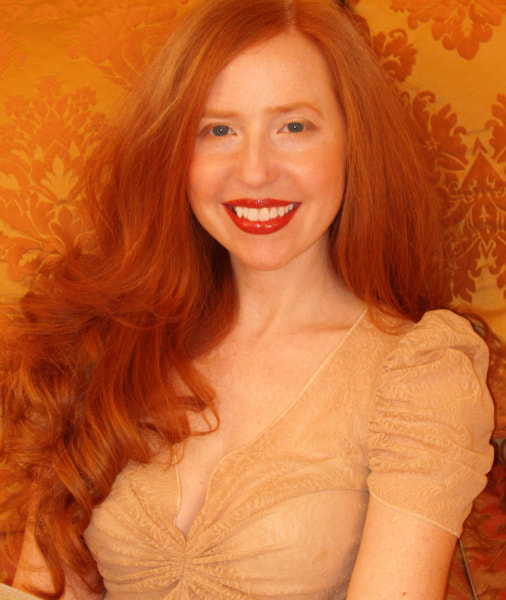
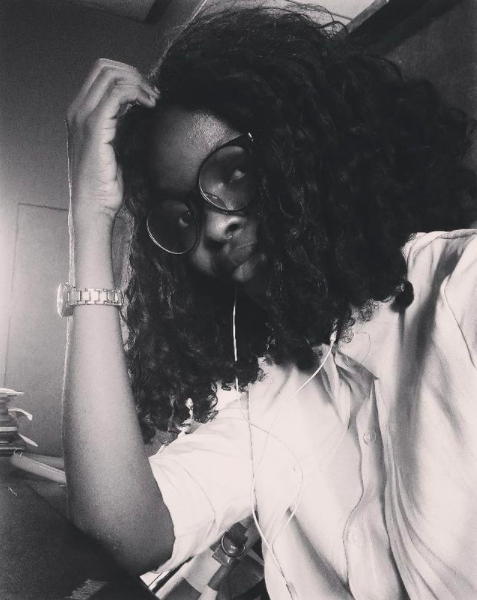
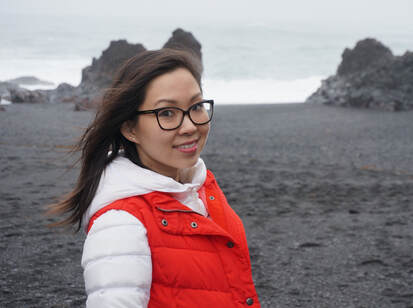
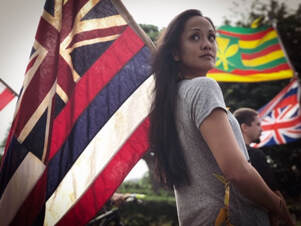
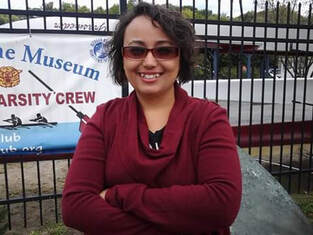
 RSS Feed
RSS Feed